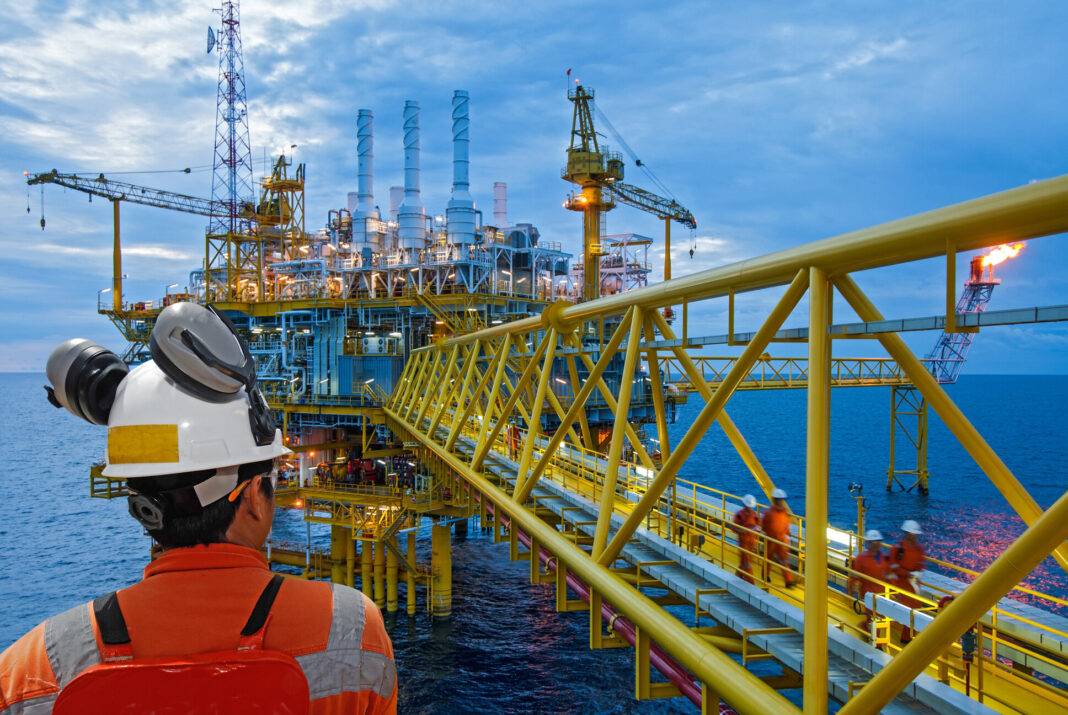
AN estimated 1.2 million tonnes of disused oil and gas installations are to be brought to shore for reuse, recycling and disposal in the coming decade, a new industry report has claimed.
Published by Oil & Gas UK (OGUK), the Decommissioning Insight 2021 report sets out plans for what OGUK is thought to be one of the largest marine removal programmes ‘ever attempted’.
It estimates that companies directly involved in extracting oil and gas will spend £16.6 billion on the decommissioning programme, which will support thousands of jobs both directly and in the supply chain.
Around 95% of the materials from such installations are ‘typically’ already recycled, but OGUK said the focus is now moving towards reuse – where component parts are redeveloped for new purposes with ‘minimal’ modifications.
A ‘key’ aim of the programme is to establish the UK as a centre of excellence for decommissioning – an industry that is set for global growth as oil and gas installations around the world reach the ends of their useful lives. OGUK said that British companies and workers who have built experience in the North Sea will be in high demand.
Joe Leask, OGUK’s decommissioning manager, said, “Decommissioning is more than a great challenge. It’s also a huge opportunity for UK companies to show their engineering skills, powers of innovation and ability to compete on a global scale.
“OGUK’s 2021 Decommissioning Insight report shows that over the last five years the UK decommissioning industry has improved its efficiency and cut its costs by an estimated 23%. So, we have done better but I think we can still do a lot more. If operators work together to create larger projects where we get economies of scale, then we can safely drive costs down even more.
“Decommissioning is also a key part of the UK’s transition to low-carbon energy and its aim of reaching net zero by 2050. This is partly because the installations being removed tend to be older and so generate more emissions relative to the oil and gas they produce.
“But it is also because of the growing opportunities for reuse, repurposing and recycling. Reuse is when infrastructure or equipment is taken away and used again elsewhere. This is already becoming common with forgings, pipeline valves, turbines and electrical kit. In the future some assets could be repurposed for new uses such as offshore wind and permanent storage of carbon dioxide by pumping it deep under the seabed.
“This is going to be an exciting ten years – there’s a huge amount of work to be done and with £16.6 billion to be spent, there will be many opportunities for UK companies and workers.”








